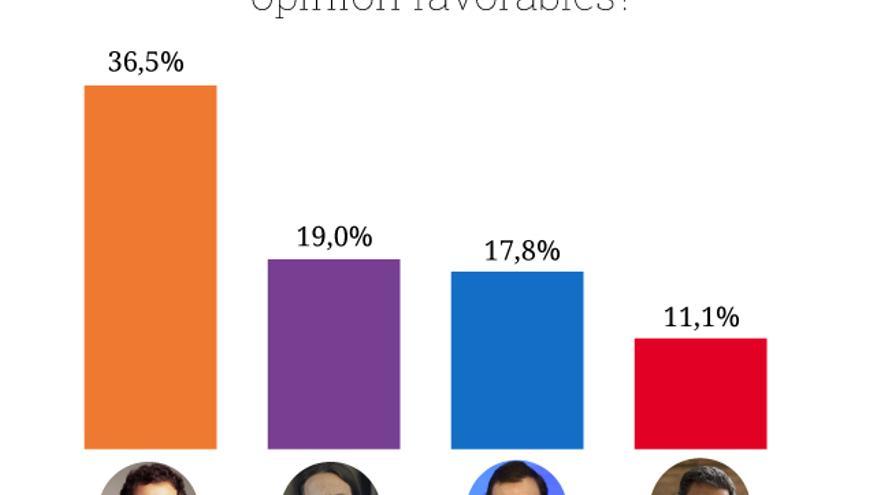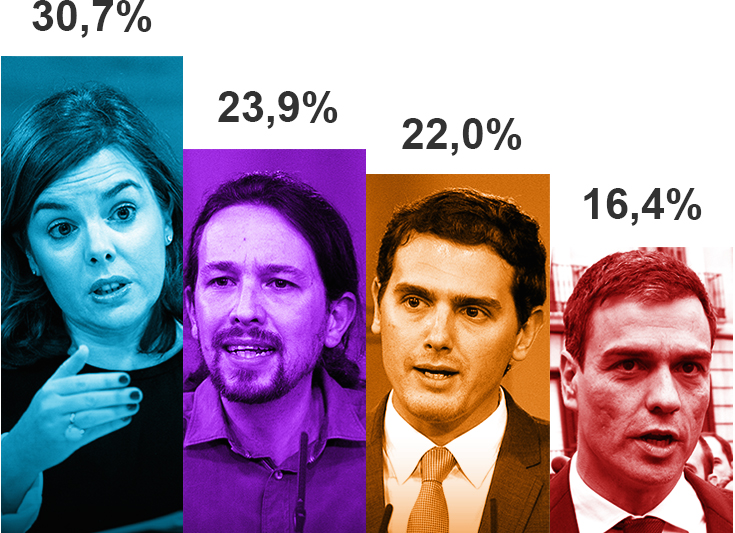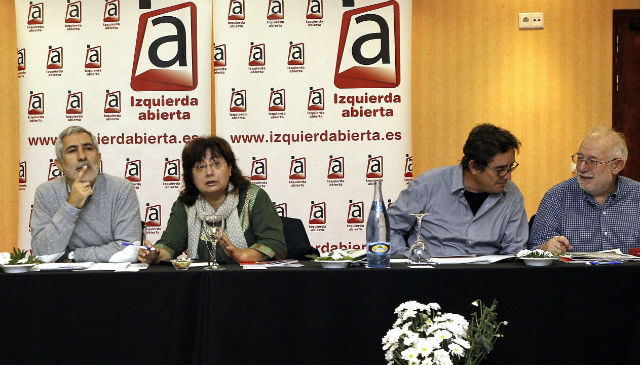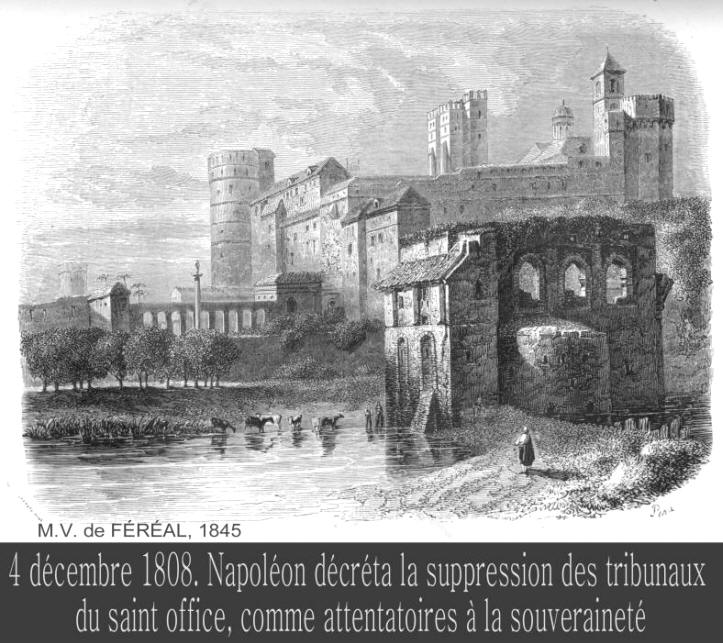The Economist 12 de diciembre de 2015
A more constructive response to the euro crisis lies in Ciudadanos (“Citizens”), a liberal party (in the British sense) in a country where liberalism has never been strong. Its leader Albert Rivera, aged 36, is untested, but his advisers propose many policies that Spain needs. Ciudadanos would do more than the PP to deepen economic reforms, cut wasteful duplication in government and boost sluggish productivity It wants a single labour contract in place of the cosseting of insiders that leaves many young people as temporary hires. Like Podemos, it wants to reverse the PP-Socialist carve-up of institutions that ought to be independent, including the judiciary the diplomatic service and the universities. It opposes Catalan independence but, unlike the PP, recognises that Spain is a pluricultural country. And unlike Podemos, it wants to build on, rather than threaten, the achievements of the past 40 years.
Reform politics, as well as the economy
If The Economist had a vote, it would go to Ciudadanos. But the next government is likely to be a coalition, because opinion polls suggest that, although the PP Will again be the largest party in the Cortes, it will fail to keep its majority Since his party is in the centre, Mr Rivera may have the casting vote.
He should resist the temptation to join Podemos in a centre-lett government led by the Socialists under their lightweight leader, Pedro Sánchez.
Such a government would be Weak, and the Socialists have promised to undo the PP's labour reforms. Rather, Ciudadanos should ally with Mr Rajoy-on condition that the next govennnent adopta the anti-corruption agenda on which it has campaigned. Populism is on the rise in the EU. If Spaniards eschew it and embrace reform, their country will indeed be an example to Europe.
The Economist:
¡Feliz Navidad, España! (Ver la traducción en el desplegable)

































